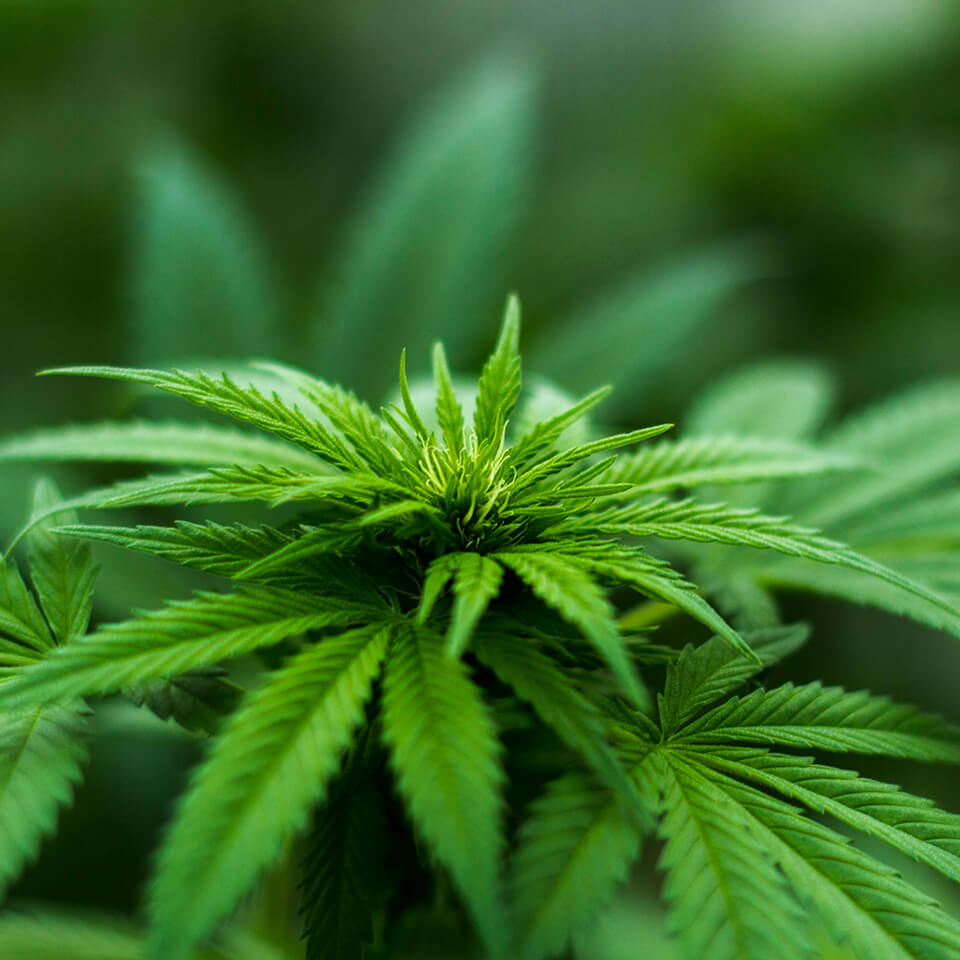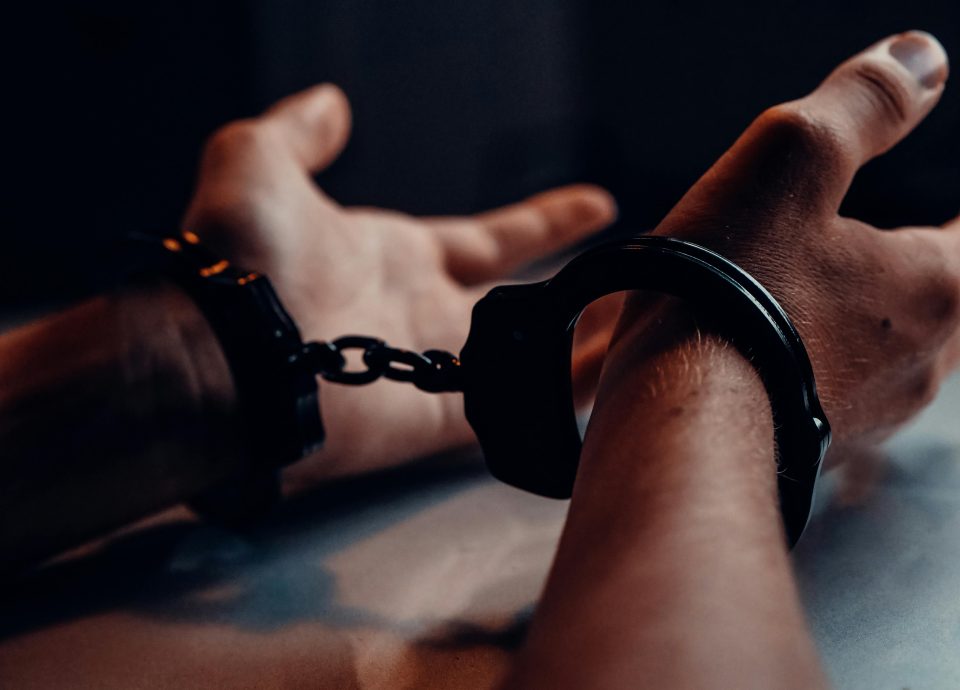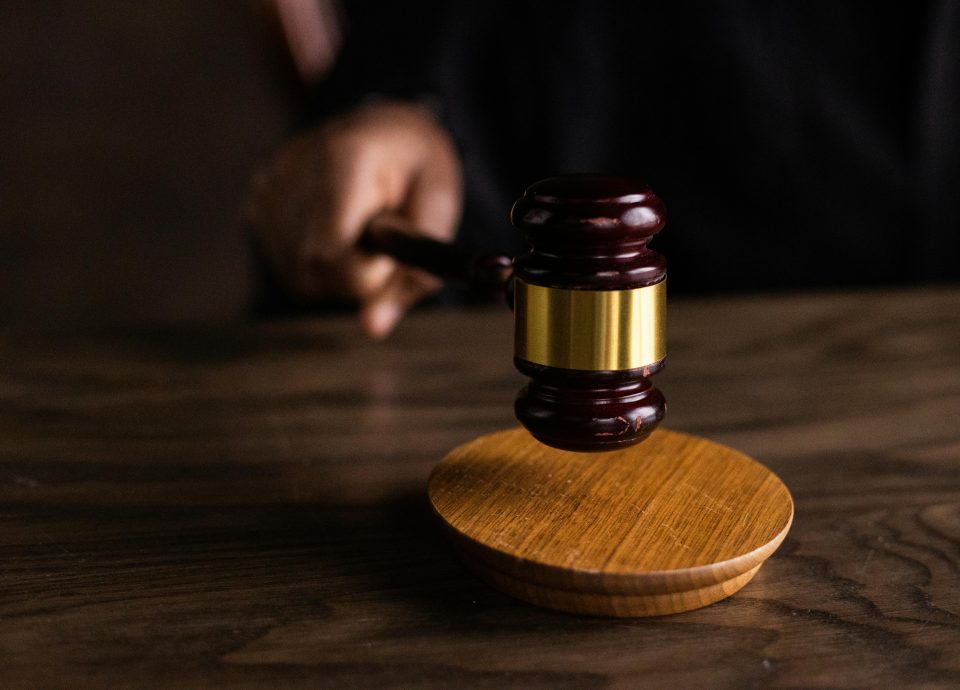Why Is Marijuana Illegal?
Marijuana has been called the most popular, controversial, and widely used illicit drug in the world. For centuries, it was valued as medicine, a source of hemp fiber, and a cultural staple. Yet in less than a century, millions of Americans have been arrested, convicted, and incarcerated under marijuana laws. Understanding why and when marijuana became illegal reveals a story of politics, prejudice, and profit more than public safety.
A Brief History of Marijuana
The first recorded use of cannabis dates back to 7,000 B.C., where it was used by ancient civilizations for pain relief and healing. Hemp fiber was essential in the production of rope, paper, sails, and clothing. Cannabis arrived in the Americas via Spanish colonists and Mexican migrant workers in the early 1900s. By the 1800s, it was widely used in the U.S. for medicinal purposes, appearing in over-the-counter remedies for headaches, cramps, and other ailments.
Recreational use of marijuana rose sharply during Prohibition (1920–1933) when alcohol was banned. Once alcohol became legal again, marijuana use declined, but the government’s attention had shifted toward restricting it entirely.
From Cannabis to “Marihuana”
Until 1937, cannabis was the common term. The spelling “marihuana” emerged in U.S. law as slang tied to Mexican migrant workers. Legislators deliberately used the unfamiliar term to pass new restrictions without alarming doctors or the hemp industry. This linguistic shift contributed to the stigma surrounding marijuana and set the stage for its criminalization.
State Bans and Racial Prejudice
Between 1913 and 1930, states including California, Texas, and New Orleans began banning recreational marijuana. Economic pressures during the Great Depression fueled these bans, often targeting migrant workers and minorities. Politicians and newspapers linked marijuana to violence, crime, and moral decline — narratives laced with racism and xenophobia.
The Federal Government Steps In
The Tenth Amendment limited federal power to ban substances outright, so Congress turned to taxation as a workaround. The Marihuana Tax Act of 1937 required tax stamps for possession, which were impossible to obtain legally. In effect, this act criminalized marijuana without directly banning it. The first arrests followed immediately, with harsh sentences and propaganda fueling public fear.
Propaganda and “Reefer Madness”
Led by Harry Anslinger of the Federal Bureau of Narcotics, the government launched a campaign of sensationalism. Newspapers and films like Reefer Madness portrayed marijuana as a drug that caused insanity, violence, and moral decay. These efforts cemented negative public opinion and justified sweeping federal restrictions.
Legal Challenges and the Controlled Substances Act
In 1969, the Supreme Court ruled the Marihuana Tax Act unconstitutional. In response, Congress passed the Controlled Substances Act of 1970, classifying marijuana as a Schedule I drug — alongside heroin and LSD — claiming it had “no accepted medical use.” This designation persists federally, despite growing medical evidence to the contrary and widespread state legalization.
The Ongoing Conflict
Today, marijuana remains a federally prohibited Schedule I drug, even as many states legalize medical and recreational use. This conflict between state and federal law creates confusion and risk for individuals and businesses alike. Michigan, like many states, has legalized medical and recreational marijuana, yet federal law continues to prohibit its use.
Marijuana Today
Public opinion has shifted dramatically. Studies consistently show medicinal benefits, and states like Colorado and Washington paved the way for legalization in 2012. Still, marijuana arrests account for over half of U.S. drug arrests, fueling concerns about mass incarceration, racial disparities, and the failures of the “war on drugs.”
Legal Defense for Marijuana Charges
Despite shifting laws, marijuana-related charges still carry serious consequences in Michigan. Attorney Bruce Alan Block has decades of experience defending clients accused of possession, delivery, cultivation, and related offenses. If you are facing charges, it is essential to work with a skilled defense lawyer who understands both the history and the current state of marijuana law.





